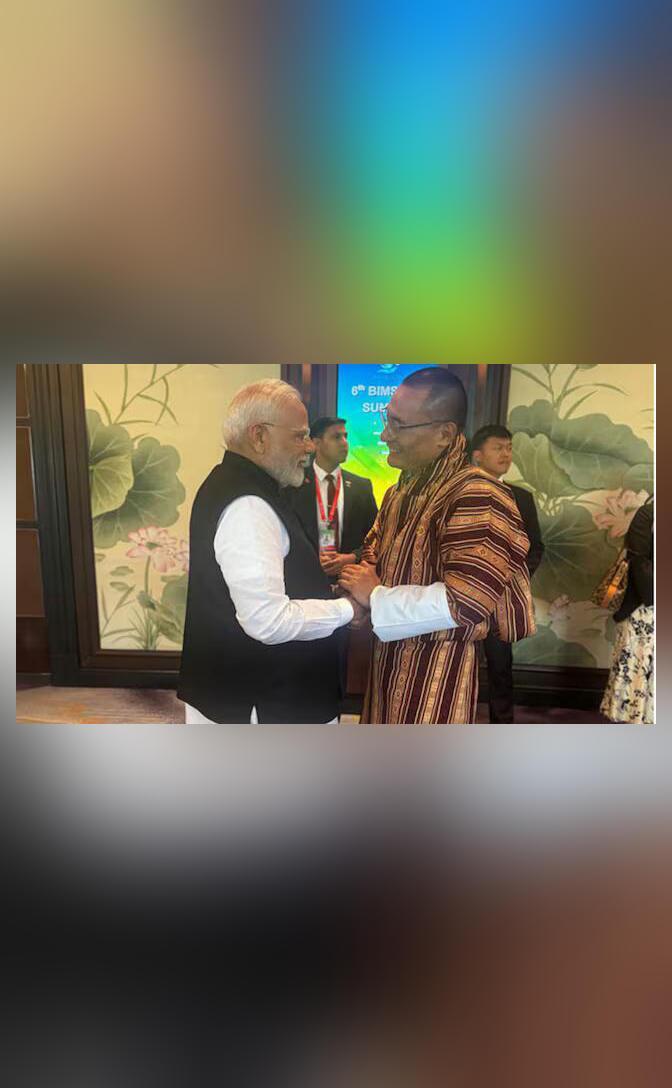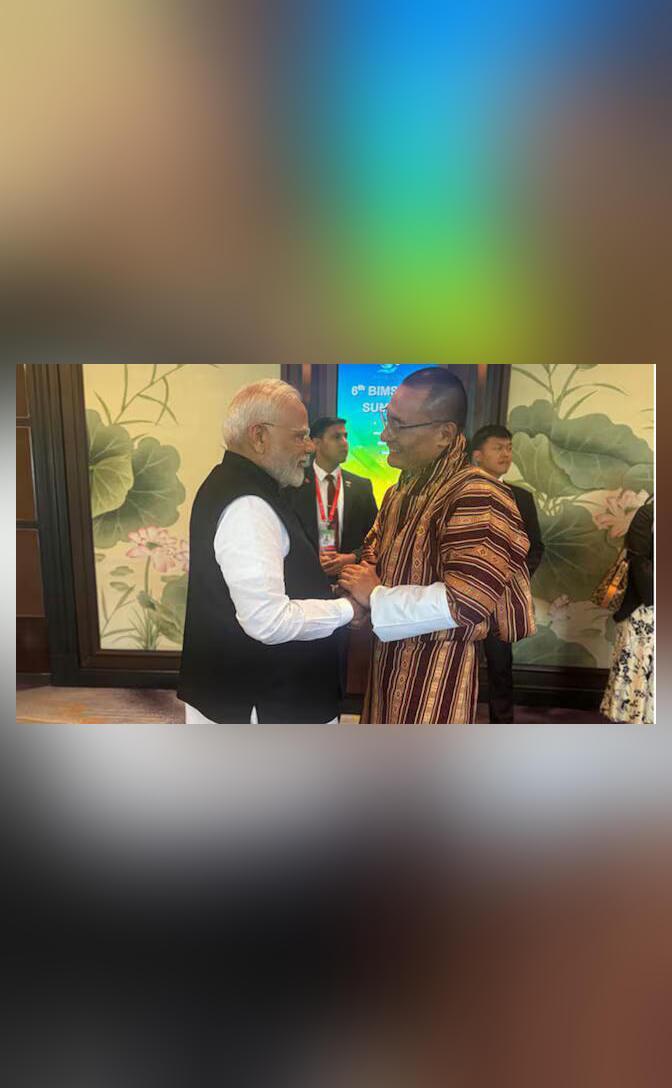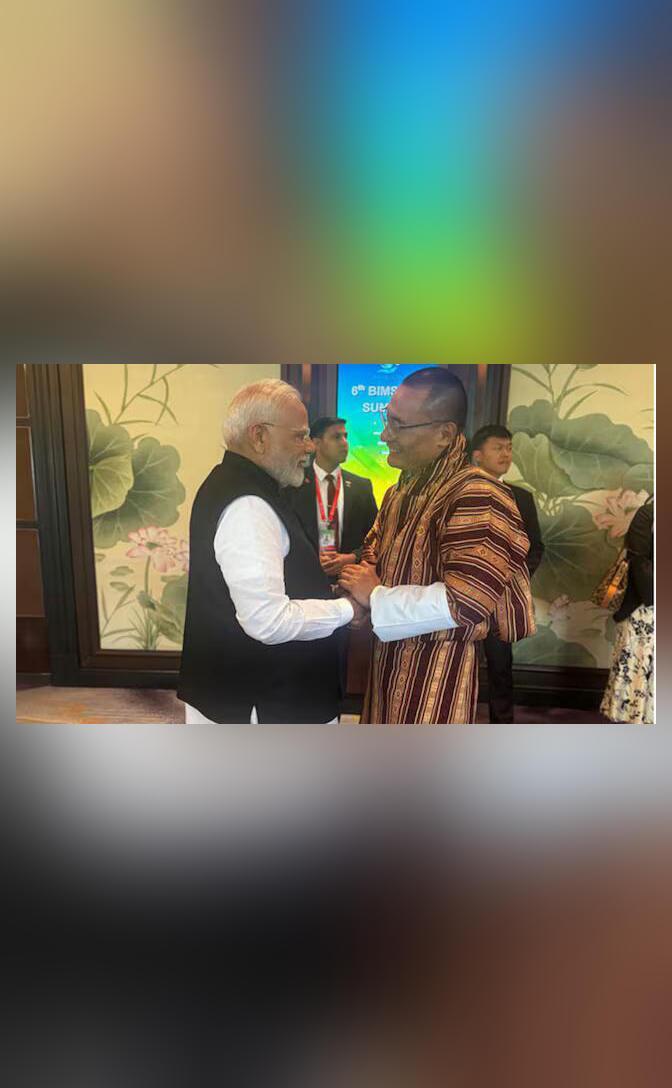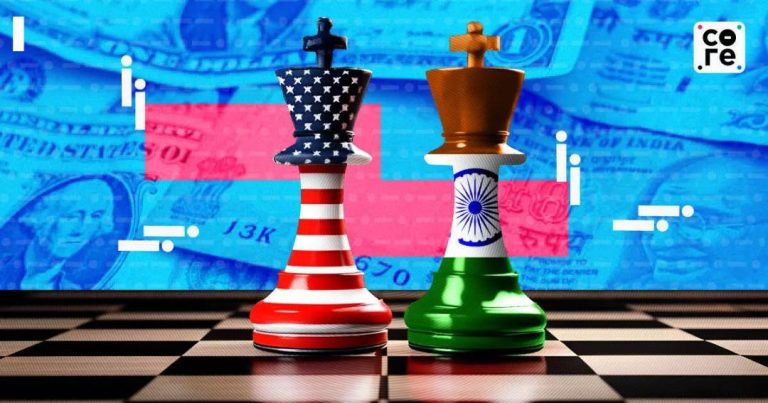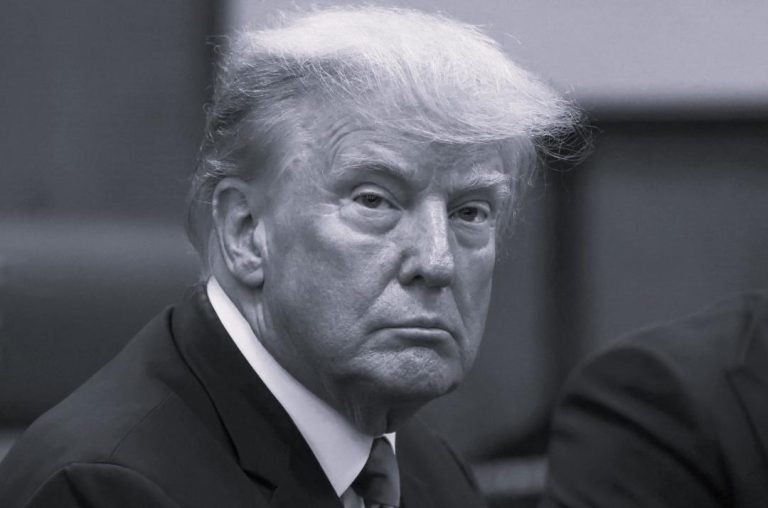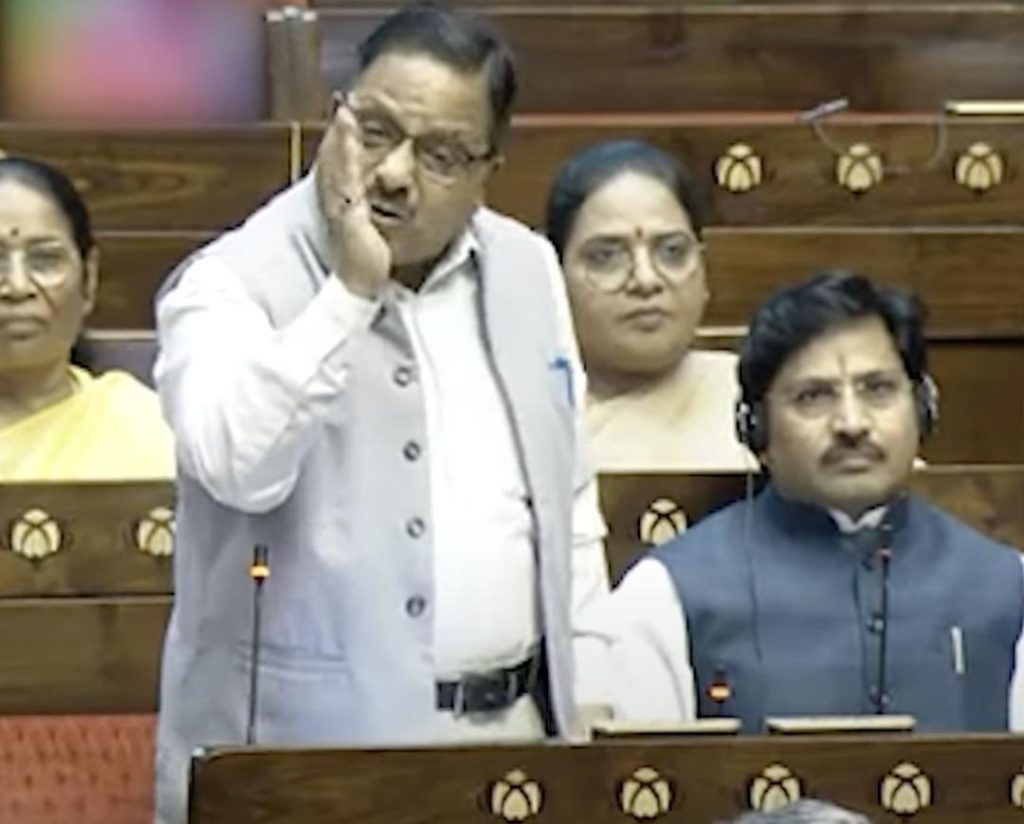
Should I read Quran & tell you what’s written in it: BJP MP Radha Mohan Das on Waqf Bill
In a recent discussion on the Waqf Bill in the Indian Parliament, BJP MP Radha Mohan Das sparked a controversy by suggesting that he should read the Quran and reveal what is written in it. The debate centered around the management of Waqf properties, which are Islamic endowments used for religious and charitable purposes. The MP’s statement has raised eyebrows and triggered a heated discussion about the role of religion in politics and the management of religious institutions.
The Waqf Bill, also known as the Maharashtra Waqf Properties (Management and Regulation) Bill, aims to regulate the management and administration of Waqf properties in the state of Maharashtra. The bill proposes to replace the existing Waqf Act of 1954 and is intended to improve the management and transparency of Waqf properties.
During the discussion, Radha Mohan Das, a BJP MP from the state of Uttar Pradesh, questioned the management of Waqf Board, alleging that the board had properties without proper records. He said, “The Quran says that even if one rupee is given to anyone, there should be a written record…And you say you have so many properties without a record.” His statement was met with opposition from several MPs, including those from the Congress and the Samajwadi Party, who accused him of trying to politicize a religious issue.
The MP’s suggestion to read the Quran and reveal its contents has been criticized by many as an attempt to exploit religious sentiments for political gain. Critics argue that the Quran is a sacred text that should not be used as a tool for political scoring. They also point out that the Waqf Bill is a secular legislation that aims to regulate the management of Waqf properties, and it is not related to the Quran or any other religious text.
On the other hand, some have defended Radha Mohan Das’ statement, saying that he is trying to highlight the importance of transparency and accountability in the management of Waqf properties. They argue that the MP’s suggestion is not an attempt to politicize religion, but rather a call for greater transparency and accountability in the management of public funds.
The controversy has also raised questions about the role of religion in politics and the management of religious institutions. In India, religious institutions and properties are managed by religious boards or trusts, which are often accused of being opaque and unaccountable. The Waqf Bill is an attempt to bring greater transparency and accountability to the management of Waqf properties, but the controversy surrounding it highlights the challenges of managing religious institutions in a secular democracy.
In conclusion, the controversy surrounding Radha Mohan Das’ statement has highlighted the complex and sensitive issues surrounding the management of Waqf properties in India. While the MP’s suggestion to read the Quran and reveal its contents has been criticized by many, it has also sparked a wider debate about the role of religion in politics and the management of religious institutions. Ultimately, the debate highlights the need for greater transparency and accountability in the management of public funds and religious institutions in India.
Source: https://www.youtube.com/watch
